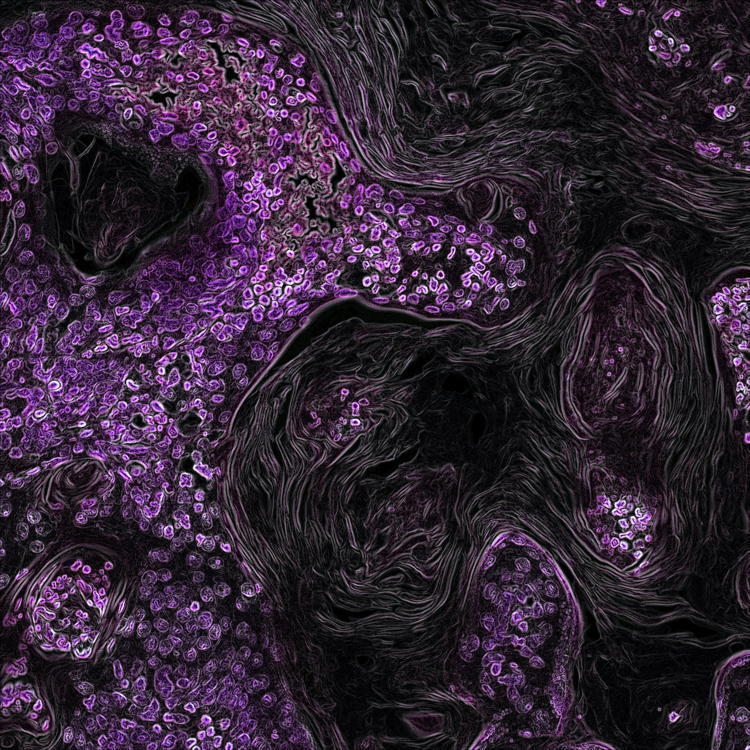Pretreatment with interleukin-15 attenuates inflammation and apoptosis by inhibiting NF-κB signaling in sepsis-induced myocardial dysfunction
Accepted: 16 April 2024
HTML: 4
All claims expressed in this article are solely those of the authors and do not necessarily represent those of their affiliated organizations, or those of the publisher, the editors and the reviewers. Any product that may be evaluated in this article or claim that may be made by its manufacturer is not guaranteed or endorsed by the publisher.
Authors
Sepsis-induced myocardial dysfunction (SIMD) is associated with poor prognosis and increased mortality in patients with sepsis. Cytokines are important regulators of both the initiation and progression of sepsis. Interleukin-15 (IL-15), a pro-inflammatory cytokine, has been linked to protective effects against myocardial infarction and myocarditis. However, the role of IL-15 in SIMD remains unclear. We established a mouse model of SIMD via cecal ligation puncture (CLP) surgery and a cell model of myocardial injury via lipopolysaccharide (LPS) stimulation. IL-15 expression was prominently upregulated in septic hearts as well as cardiomyocytes challenged with LPS. IL-15 pretreatment attenuated cardiac inflammation and cell apoptosis and improved cardiac function in the CLP model. Similar cardioprotective effects of IL-15 pretreatment were observed in vitro. As expected, IL-15 knockdown had the opposite effect on LPS-stimulated cardiomyocytes. Mechanistically, we found that IL-15 pretreatment reduced the expression of the pro-apoptotic proteins cleaved caspase-3 and Bax and upregulated the anti-apoptotic protein Bcl-2. RNA sequencing and Western blotting further confirmed that IL-15 pretreatment suppressed the activation of nuclear factor kappa B (NF-κB) signaling in mice with sepsis. Besides, the addition of NF-κB inhibitor can significantly attenuate cardiomyocyte apoptosis compared to the control findings. Our results suggest that IL-15 pretreatment attenuated the cardiac inflammatory responses and reduced cardiomyocyte apoptosis by partially inhibiting NF-κB signaling in vivo and in vitro, thereby improving cardiac function in mice with sepsis. These findings highlight a promising therapeutic strategy for SIMD.
Ethics Approval
the animal experiments were conducted according to protocols approved by the Animal Ethics Committee of the Second Affiliated Hospital of Zhejiang University School of MedicineSupporting Agencies
Zhejiang Provincial Natural Science Foundation of China, National Natural Science Foundation of ChinaHow to Cite

This work is licensed under a Creative Commons Attribution-NonCommercial 4.0 International License.
PAGEPress has chosen to apply the Creative Commons Attribution NonCommercial 4.0 International License (CC BY-NC 4.0) to all manuscripts to be published.
Similar Articles
- Y.F. Costa, K.C. Tjioe, S. Nonogaki, F.A. Soares, J.R. Pereira Lauris, D. Tostes Oliveira, Are podoplanin and ezrin involved in the invasion process of the ameloblastomas? , European Journal of Histochemistry: Vol. 59 No. 1 (2015)
You may also start an advanced similarity search for this article.

 https://doi.org/10.4081/ejh.2024.4019
https://doi.org/10.4081/ejh.2024.4019










